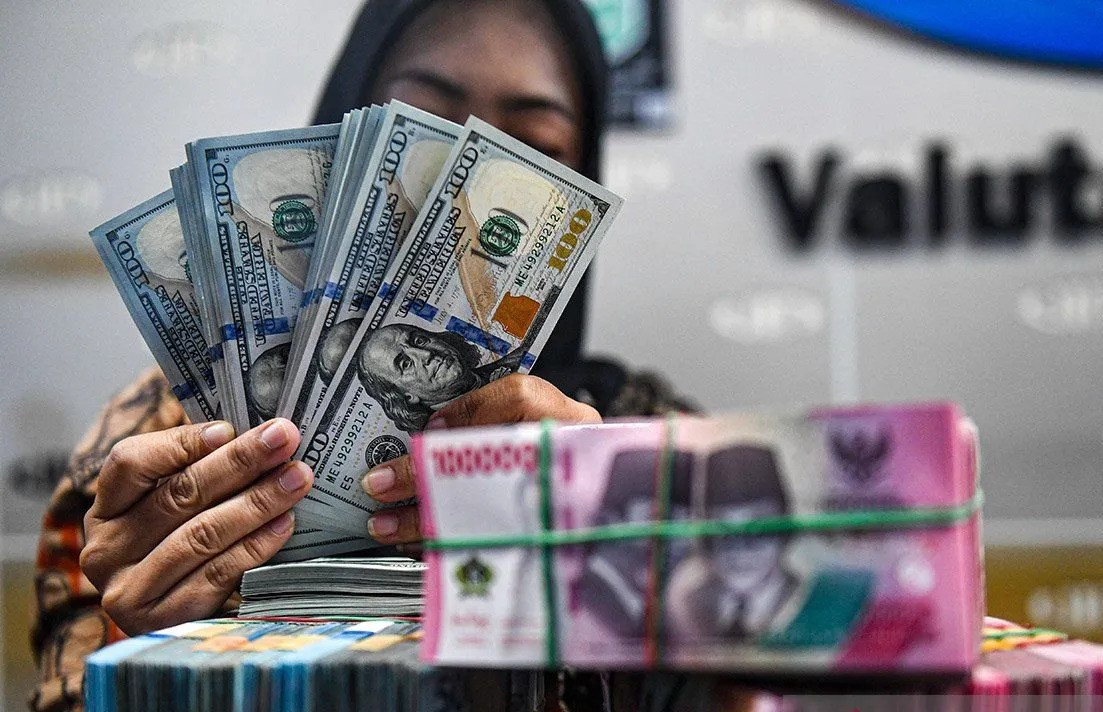Popular Reads
Top Results
Can't find what you're looking for?
View all search resultsPopular Reads
Top Results
Can't find what you're looking for?
View all search resultsMay the era of global lower interest rates arrive soon
Bank Indonesia has taken its default position of waiting patiently for the US Fed to cut it rates, praying that the dawn of lower global interest rates arrives soon.
Change text size
Gift Premium Articles
to Anyone
T
he writing is on the wall that global interest rate cuts are not a matter of if, but when. I may be wrong but even if so, I am confident that forgiveness is within reach, especially in this era when changes in trajectory can be so abrupt. Just look at recent global events, such as the pandemic, wars between nation-states and dynamics in the United States elections.
Last week, the US Federal Reserve (Fed) kept its policy rate steady. But the subsequent press conference indicates that cuts are on the horizon next month. Also, the upcoming 2024 Jackson Hole Economic Policy Symposium is themed "Reassessing the Effectiveness and Transmission of Monetary Policy", yet another strong indication that the Fed is moving into a new chapter. The annual retreat may serve as a contemplative session to end its chapter of tight monetary policy.
Given its prominence, the Fed's actions determine the response of other central banks. Whle the European Central Bank, for example, may have moved first in rate cuts, its subsequent actions must take into account the Fed's next moves. Similarly, the People's Bank of China cannot make cuts more aggressive than its latest cut of just 20 basis points, even though China’s economy desperately needs it.
Emerging market economies like Indonesia surely want to cut their rates at the first instance, but cannot afford such a move without risking capital outflows due to interest parity issues, i.e., a higher level than the federal funds rate (FFR) to attract cross-border funds.
All things considered, the Fed is likely to cut the FFR soon. However, future cuts will depend on three things: timing, timing and timing. These are in turn determined by three other factors: data, data and data.
The first concern related to timing is the expected long-term trajectory of inflation. Cut too soon and the Fed might be forced to raise rates again, costing its credibility and predictability. In the current volatile era when other variables are fluctuating like roller coasters, markets understandably want to find solace and refuge in a more stable monetary direction.
Cut too late, and it will unnecessarily burden the economy and long-term growth. Inflation does cost future welfare or discounts the value of accumulated wealth, as do high interest rates. Not just in terms of expenditures shouldered either by fiscal authorities or private businesses, higher interest rates also deter entrepreneurs from embarking on new ventures.



















